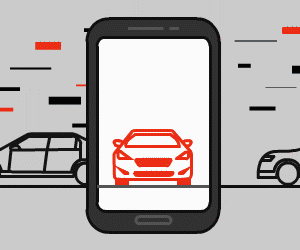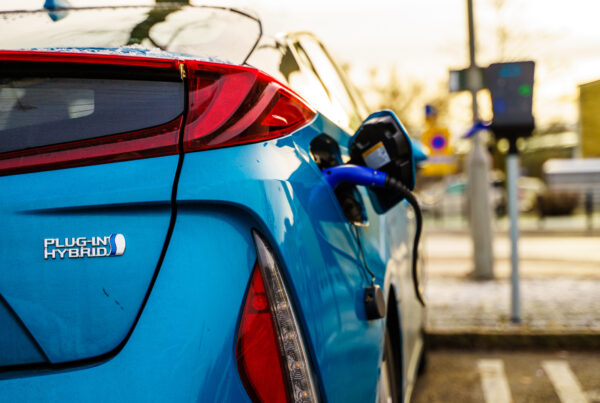The South Australian government will boost testing, research and development of connected and autonomous vehicle research in South Australia by injecting $10 million.
Transport and Infrastructure Minister Stephen Mullighan launched the initiative at the 23rd ITS World Congress this week.
“The driverless vehicle industry will be worth $90 billion globally by 2030,” Mr. Mullighan said. “Getting our state involved early will open up new opportunities for South Australian businesses and our economy.”
“We are looking for creative proposals that will accelerate the the roll-out of these technologies on our roads. We already have world leading companies in the field. Cohda Wireless, SAFE Automation and Sydac are all based in South Australia and are come of our most impressive success stories,” Millighan added.
The government invites companies, industry bodies, research institutions and other relevant organisations to submit creative proposals that will promote and fast-track the roll-out of connected and autonomous technology.
Grant applications will open on November 14 for the $10 million investment fund over three years. The three themes to focus on will be AV

ADVI stall at ITS Congress with the new Volvo S90
testing and demonstrations, vehicle-to-vehicle (V2V) and vehicle-to-infrastructure (V2X) pilots and practical demonstrations, and research and development projects. All projects must take place in South Australia.
The ITS event has seen over 7000 attendees and more than 300 trade and industry exhibitors filling the Melbourne Conference & Exhibition Centre from 60 countries including a large contingency of ITS researchers, developers and users from the Asia Pacific region.
Australian Driverless Vehicle Initiative (ADVI) has conducted a 5000-strong study to survey Australians aged over 18 about driverless vehicles. The results found 82 per cent of Australians recognise they will provide greater mobility for people with driving impairments and 73 per cent wanted an autonomous vehicle to transport them when mentally or physically unable to do so themselves.
Chief Scientist-Human Factors at the Australian Road Research Board (ARRB) and Lead Researcher, Prof. Michael Reagan said we’re catching on quickly.
“It’s just udner a year since ADVI led the first trial of auntomous cars on Australian roads, and fully driverless vehicles aren’t yet even available to the public, but the Australian public is already quite advanced in its thinking,” he said.
“Given the lack of community interactions with self-driving cars to date, it’s encouraging that almost half (47 per cent) of the Australian population believe they will be safer than human drivers.”
The survey found half would use the time to rest, 69 per cent would hand over control when bored, 76 per cent when fatigued or 61 per cent  when they felt uncomfortable driving manually. Daily commuters would make their time more productive by doing work instead.
when they felt uncomfortable driving manually. Daily commuters would make their time more productive by doing work instead.
The 80 questions survey was designed by ADVI’s Scientific Working Group and approved by the human ethics committee at the University of NSW, providing in-depth insight into how Australians perceive driverless technology and creates a baseline to ADVI’s proposed annual survey. The research compliments an economic report released by ADVI in September which found Australia could find $95 billion a year in economic value, generating 16,000 new jobs by taking a proactive stance on AVs Down Under.




















